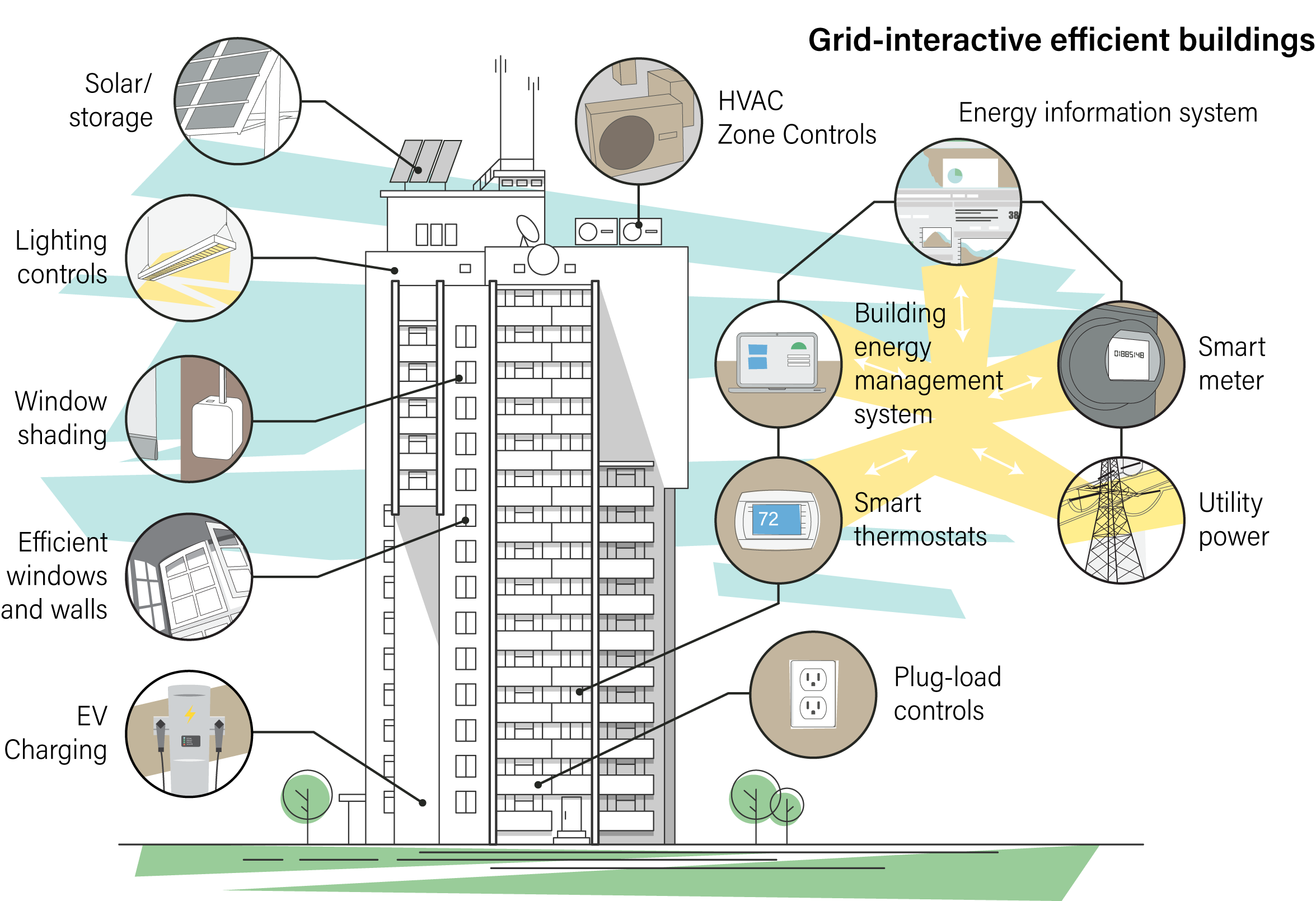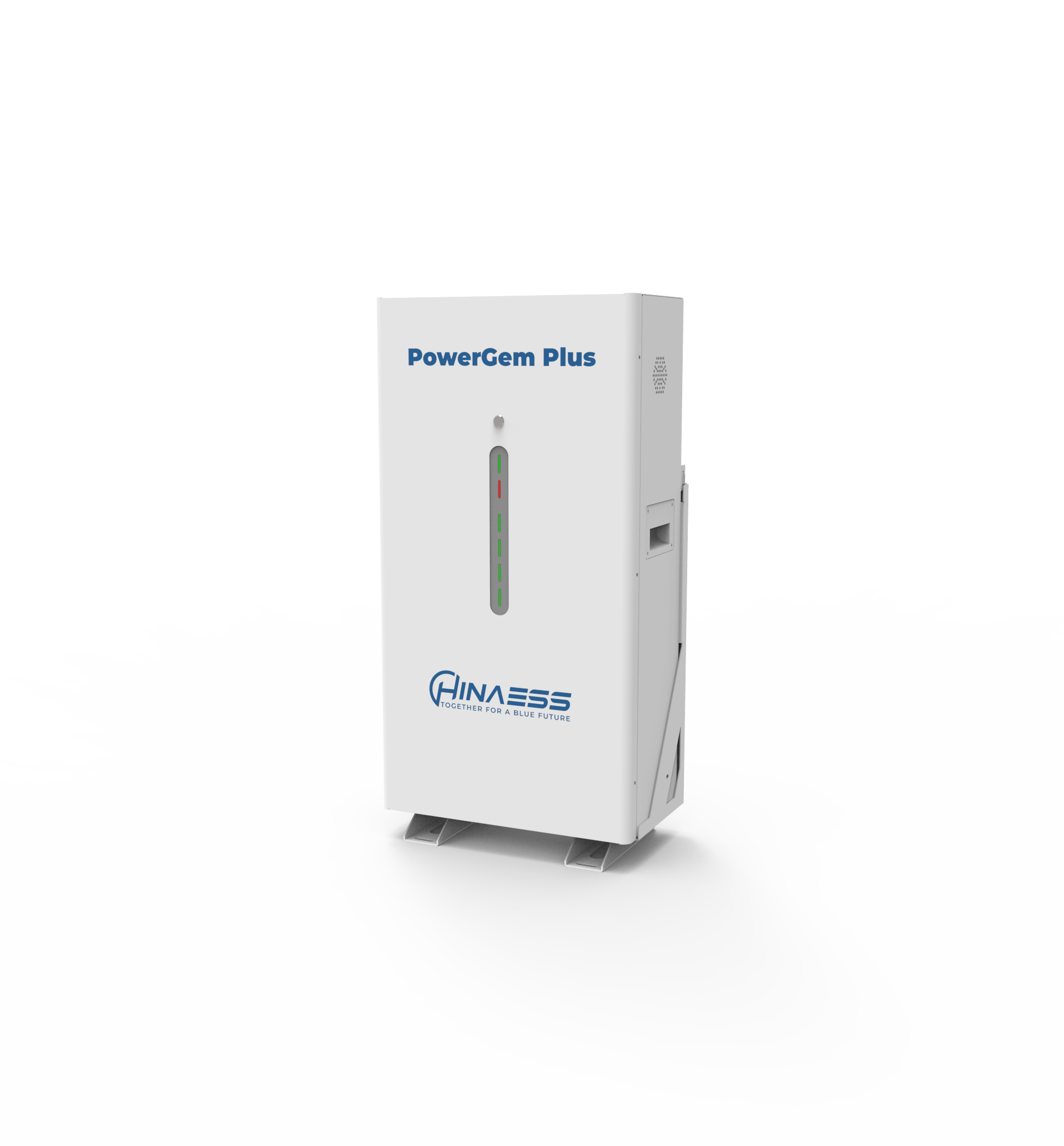Unlock the Power of Heat: A Comprehensive Guide to Efficient Heating and Energy Management
Editor's Note: "Unlock The Power Of Heat: Ultimate Guide To Heating Systems And Efficient Energy Management" has published today for home and business owners to help the readers gain a comprehensive understanding of heating systems, energy efficiency, and cost-saving strategies. This guide is essential reading for anyone looking to maximize the efficiency of their heating system, reduce energy consumption, and save money on their energy bills.
To provide target audience with the most up-to-date information, we analyzed, researched, and compiled this guide. We discussed with industry experts, consulted numerous studies, and drew upon our own experience to bring you the most comprehensive guide to heating systems and energy management available.
Key Differences in Heating Systems and Energy Management
Transition to main article topics
FAQs
This comprehensive FAQ section aims to address common inquiries and provide valuable insights into the realm of heating systems and efficient energy management. Explore expert answers to frequently asked questions, empowering you with knowledge and practical solutions.
Question 1: What are the key factors to consider when selecting a heating system?
Selecting an optimal heating system entails evaluating several crucial factors, including the size of the heated space, insulation levels, climate conditions, fuel availability, and energy efficiency ratings. A thorough assessment of these elements ensures an informed decision and a system that meets specific heating needs.
Question 2: How can I improve the energy efficiency of my heating system?
Enhancing the energy efficiency of a heating system involves adopting proactive measures such as regular maintenance, insulation upgrades, and thermostat optimization. Additionally, exploring renewable energy sources like solar and geothermal heating systems can significantly reduce energy consumption and environmental impact.
Question 3: What are the common problems associated with heating systems and their solutions?
Heating systems may encounter various issues, including uneven heating, excessive noise, and reduced efficiency. Addressing these concerns promptly is essential to ensure optimal performance. Solutions often involve proper system sizing, component replacement, and regular servicing by qualified technicians.
Question 4: How can I extend the lifespan of my heating system?
Maximizing the lifespan of a heating system requires proactive maintenance, which includes cleaning, filter replacements, and professional inspections. Additionally, avoiding overworking the system, addressing minor issues promptly, and considering system upgrades when necessary can significantly enhance its longevity.
Question 5: What are the advantages of investing in a smart heating system?
Smart heating systems offer numerous benefits, including remote control, scheduling capabilities, and energy monitoring features. These systems allow for precise temperature regulation, reduced energy waste, and enhanced comfort levels, making them a wise investment for modern homes and businesses.
Question 6: How can I reduce the cost of heating my home?
Minimizing heating costs involves a multifaceted approach that includes insulation improvements, energy-efficient appliances, and optimized thermostat settings. Additionally, exploring government incentives and rebates for energy-efficient upgrades can further reduce financial burdens associated with home heating.
By addressing these frequently asked questions, we aim to provide a solid foundation of knowledge and practical guidance. Remember, maintaining an efficient and effective heating system is crucial for achieving optimal comfort, reducing energy consumption, and ensuring the well-being of occupants.

Grid-Interactive Efficient Buildings (GEBs) | ACEEE - Source www.aceee.org
Tips
Effective heating systems and efficient energy management are crucial for maintaining comfort and minimizing energy consumption. Unlock The Power Of Heat: Ultimate Guide To Heating Systems And Efficient Energy Management offers comprehensive insights into this domain. Here are a few key tips to enhance your heating system and energy management practices:
Tip 1: Regular Maintenance
Regular maintenance is essential for optimal performance and longevity of your heating system. Schedule professional inspections and cleanings to ensure efficient operation, prevent breakdowns, and extend the lifespan of your equipment.
Tip 2: Smart Thermostats
Smart thermostats allow for precise temperature control and automated scheduling, optimizing energy usage. They can learn your heating patterns, adjust temperatures accordingly, and integrate with other smart home devices for enhanced convenience.
Tip 3: Insulation
Insulation plays a vital role in reducing heat loss and maintaining a comfortable indoor temperature. Proper insulation in walls, ceilings, and floors prevents heat from escaping, minimizing energy consumption and lowering heating costs.
Tip 4: Energy-Efficient Windows
Energy-efficient windows feature double or triple glazing, low-emissivity coatings, and insulated frames. These windows reduce heat loss during winter and minimize solar heat gain in summer, resulting in improved comfort and energy savings.
Tip 5: Zone Heating
Zone heating involves dividing your home into separate heating zones, allowing you to control the temperature in each zone independently. This targeted approach optimizes energy usage by heating only the areas that require it.
Tip 6: Duct Sealing
Leaky air ducts can waste significant energy. Professional duct sealing can identify and seal any gaps or leaks in the ductwork, ensuring that heated air is distributed efficiently throughout your home.
Summary: By implementing these tips, you can enhance the efficiency of your heating system, reduce energy consumption, and create a more comfortable indoor environment. For a comprehensive guide to heating systems and energy management, refer to Unlock The Power Of Heat: Ultimate Guide To Heating Systems And Efficient Energy Management.
Unlock The Power Of Heat: Ultimate Guide To Heating Systems And Efficient Energy Management
Heating systems lie at the heart of maintaining thermal comfort within enclosed spaces, particularly during colder seasons. To optimize their performance, efficient energy management strategies are crucial. This comprehensive guide explores the essential aspects of these systems and their efficient operation, unlocking the power of heat.

Heating And Cooling Diagram : How To Choose The Right Size Heating And - Source intertherm-wiring-diagram10.blogspot.com
- System Selection: Choosing the right heating system for specific needs and building characteristics.
- Fuel Efficiency: Maximizing energy efficiency through optimal fuel selection, combustion techniques, and advanced technologies.
- Heat Distribution: Utilizing effective methods for distributing heat throughout the space, ensuring even temperature distribution.
- Thermostatic Control: Implementing smart thermostats and control systems to regulate temperature based on occupancy and external conditions.
- Insulation and Air Sealing: Minimizing heat loss and enhancing efficiency by addressing insulation and air leakage issues.
- Maintenance and Monitoring: Ensuring optimal performance and longevity through regular maintenance and monitoring of heating systems.
These aspects are interconnected and work in synergy to achieve efficient energy management in heating systems. By considering system selection, fuel efficiency, heat distribution, thermostatic control, insulation, and maintenance, businesses and individuals can optimize their heating operations, reducing energy consumption and costs while maintaining thermal comfort. These strategies unlock the power of heat, creating sustainable and energy-efficient indoor environments.

Troubleshooting Electric Heating System Wiring - Source cwrlip4yoschematic.z21.web.core.windows.net
Unlock The Power Of Heat: Ultimate Guide To Heating Systems And Efficient Energy Management
The comprehensive reference "Unlock The Power Of Heat" provides in-depth insights into heating systems and efficient energy management, serving as a valuable resource for achieving optimal thermal comfort while minimizing energy consumption. Understanding the connection between these elements is pivotal for sustainable and cost-effective heating solutions.

PowerGem Plus – LuxpowerTek - Source luxpowertek.co.za
Efficient heating systems play a crucial role in optimizing energy usage. By adopting energy-efficient technologies, such as heat pumps, radiant floor heating, or geothermal systems, households and businesses can significantly reduce their energy footprint. Additionally, proper insulation, air sealing, and building envelope optimization can minimize heat loss and improve the efficiency of heating systems.
Effective energy management strategies complement efficient heating systems by optimizing energy consumption. Load shifting, where heating demand is moved to off-peak hours when energy rates are lower, can result in substantial cost savings. Additionally, smart thermostats, programmable timers, and remote monitoring systems provide automated control and optimization of heating operations, ensuring optimal comfort while minimizing energy waste.
Understanding the connection between heating systems and efficient energy management empowers individuals and organizations to make informed decisions that promote sustainable and cost-effective heating practices. By integrating these principles into building design, operation, and management, we can unlock the power of heat, creating comfortable and energy-efficient environments for generations to come.
Conclusion
In conclusion, "Unlock The Power Of Heat" is an invaluable resource that guides readers towards a comprehensive understanding of heating systems and efficient energy management. By implementing the principles outlined in this guide, we can effectively address the challenges of heating our buildings while minimizing environmental impact and maximizing cost savings.
The future of heating lies in the integration of renewable energy sources, such as solar and geothermal, with efficient heating systems. Embracing these innovative technologies will enable us to create sustainable and cost-effective heating solutions for a greener future.